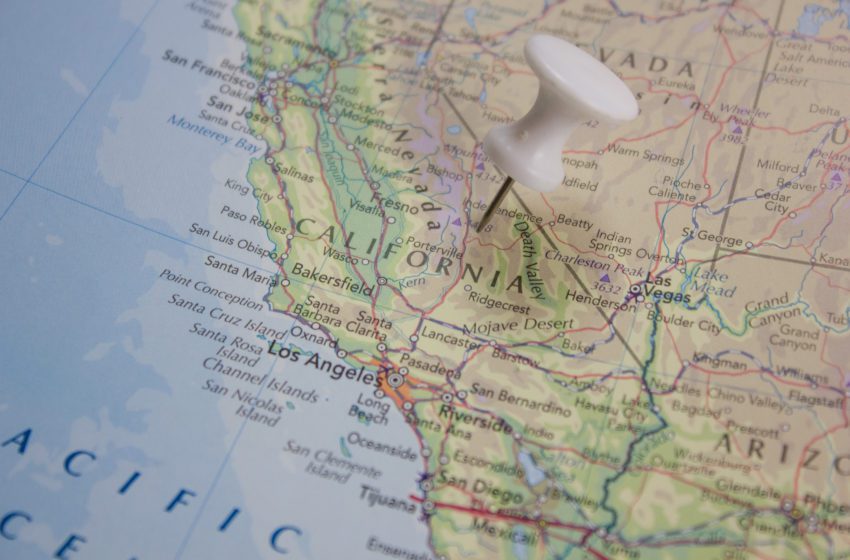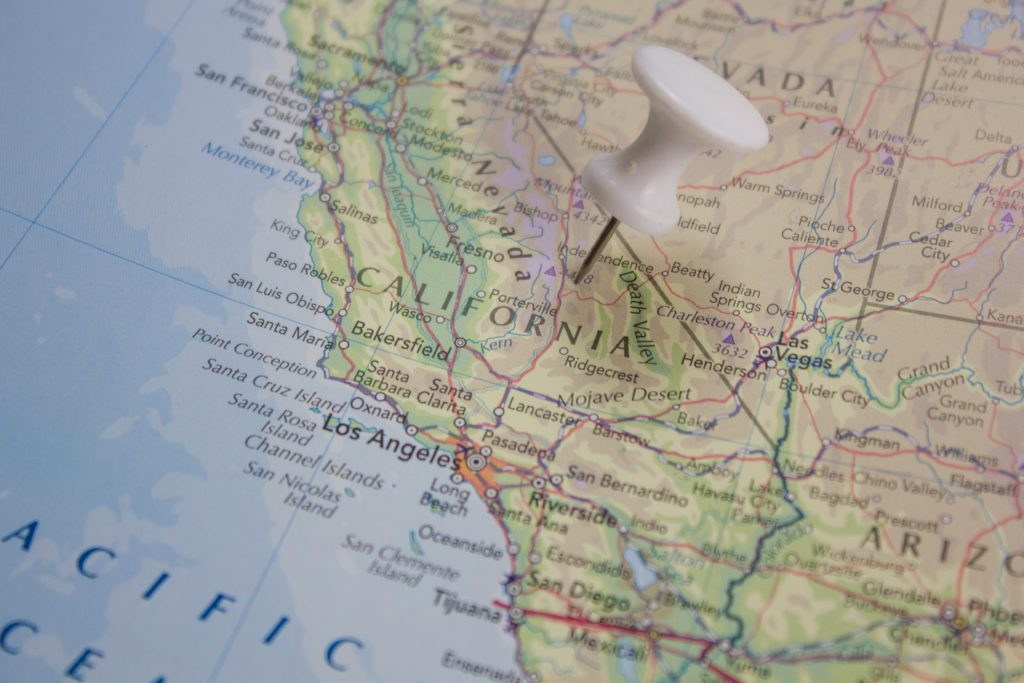California Bans Flavored Vaping, Tobacco Products
- Flavors News This Week
- November 9, 2022
- 4 minutes read

Credit: Sharaf Maksumov

Californians voted to uphold a state law ending the sale of most flavored tobacco products, including flavored e-cigarettes, menthol cigarettes and flavored cigars.
Proposition 31, the ballot referendum to uphold the law, was ahead by a margin of 65 percent to 35 percent on Nov. 9. The Associated Press called the race, though official results will take longer to finalize. The state mailed ballots to all active voters. Ballots postmarked by election day have a week to arrive.
In 2020, California lawmakers passed a ban on all flavored nicotine products except hookah, loose leaf tobacco (for pipes) and premium cigars. Menthol products are also covered by the legislation.
“Proposition 31 is California’s antidote to the candy-flavored poison Big Tobacco has been peddling to our kids and communities of color,” said Fmr. Senator Jerry Hill, author of the original bill that became Prop. 31. “With the implementation of Prop. 31 comes a strong layer of protection against tobacco companies’ ability to lure kids into smoking and a lifetime of addiction to nicotine; and Californians will live longer, healthier lives as a result.”
Opponents of the ban collected more than 1 million signatures and forced the state to hold a referendum on the ban. Originally scheduled to take effect Jan. 1, 2021, the legislation was then suspended until the Nov. 8 vote.
Advocates for Proposition 31 argued the restrictions would deter tobacco use among kids by eliminating youth-friendly flavors such as bubblegum, cotton candy and cherry.
Opponents said the ban would remove flavored electronic nicotine delivery systems as an effective tool to quit traditional cigarettes, and that some communities were unfairly targeted by the law. Black smokers, for example, are more likely to use menthol cigarettes.
Supporters of the ban outspent opponents by a significant margin in the runup to the ballot. By mid-October, the billionaire anti-smoking and anti-vaping activist Michael Bloomberg had provided $15.3 million of the $17.3 million raised by the committee in favor of the ban, according to the San Francisco Chronicle. By contrast, the opposition had raised just over $2 million, almost entirely comprised of donations from Philip Morris USA ($1.2 million) and R.J. Reynolds ($743,000).
California joins Massachusetts and the District of Columbia in ending the sale of flavored tobacco products, including flavored e-cigarettes, menthol cigarettes and flavored cigars. Three other states—New Jersey, New York and Rhode Island—prohibit the sale of flavored e-cigarettes. With local laws included, 25 percent of the U.S. population will now be covered by laws ending the sale of flavored e-cigarettes.
